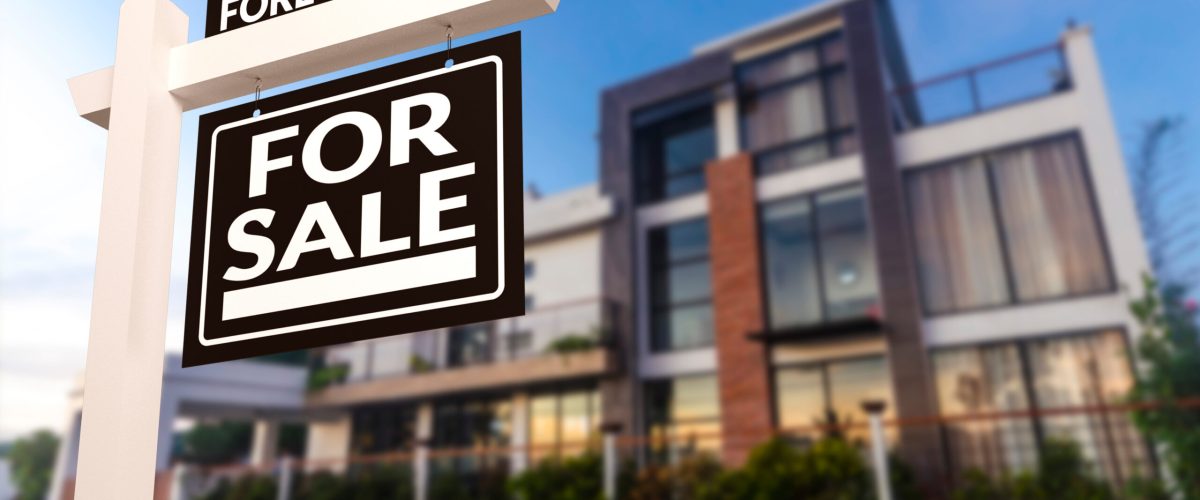Many People have traveled to Puerto Rico and have enjoyed the weather, food and specially the people of the island. Then they ask themselves if buying a property would be a good investment for them.
First you should understand that Puerto Rico is 100 miles in length and 35 miles in width. And has 78 municipalities. I personally recommend looking at a map and understanding what areas offer what, as everyone has different needs.
We divide the island is basally East, West, North and South. Then we must evaluate what will be a good fit for you and need some basic information as bedrooms, baths, sq. ft. and amount you can afford to buy your property in Puerto Rico. We help our customers understand the advantages of living in Puerto Ric0, whether you want a house, apartment, condo, mutli-family property or land. Just send us an email at [email protected] and we will ensure you find your HOME SWEET HOME in Puerto Rico.
Buying a property in Puerto Rico involves several steps, similar to the U.S. mainland but with some local nuances. Here’s a concise guide:
- Research the Market: Understand Puerto Rico’s real estate trends. Coastal areas like San Juan, Rincon, or Dorado are pricier, while inland properties can be cheaper. Check sites like Zillow, PuntoRealtor, or local MLS listings for options.
- Set a Budget: Factor in purchase price, closing costs (4-8% of property value), property taxes (around 1.1% annually), and potential renovation costs. Decide if you’ll pay cash or need financing.
- Hire Professionals:
- Real Estate Agent: A local agent licensed in Puerto Rico can navigate listings and negotiations. Look for someone familiar with your target area.
- Real Estate Attorney: Essential for reviewing contracts, ensuring clear title, and handling local regulations.
- Financing (if needed): U.S. citizens can get mortgages, but local banks like FirstBank or Banco Popular may have stricter requirements. Non-residents face higher hurdles. Pre-approval strengthens your offer.
- Find a Property: Narrow down based on purpose—vacation home, investment, or primary residence. Verify zoning and flood risk, especially in coastal areas prone to hurricanes.
- Make an Offer: Submit a written offer through your agent. Negotiations are common, so be prepared for counteroffers. Include contingencies (inspection, financing, title).
- Due Diligence:
- Title Search: Your attorney checks for liens or disputes via the Property Registry (Registro de la Propiedad).
- Inspections: Hire inspectors for structural integrity, termites, and utilities, given Puerto Rico’s aging infrastructure.
- HOA Rules: If in a condo or gated community, review homeowner association bylaws and fees.
- Sign the Purchase Agreement: Once terms are agreed, sign a contract. You’ll typically pay a deposit (5-10%) into escrow.
- Closing Process:
- Takes 30-60 days. Your attorney handles paperwork, including the deed (escritura).
- Pay closing costs, transfer taxes (based on property value), and any municipal taxes.
- Sign at a notary’s office, as Puerto Rico requires notarized deeds.
- Register the Property: The deed is filed with the Property Registry, which can take months due to backlog. Your attorney tracks this.
- Post-Purchase: Secure homeowners’ insurance (mandatory for mortgages, wise for hurricane coverage). Register for property taxes with the CRIM (Centro de Recaudación de Ingresos Municipales).
Key Tips:
- Tax Incentives: Explore Acts 60/20/22 for tax breaks if you’re relocating or investing, but consult a tax specialist.
- Non-Residents: No restrictions on foreigners buying, but expect extra scrutiny for financing.
- Hurricane Prep: Properties must withstand storms—check building codes and insurance costs.
- Language: Many documents are in Spanish, so translation help may be needed.
